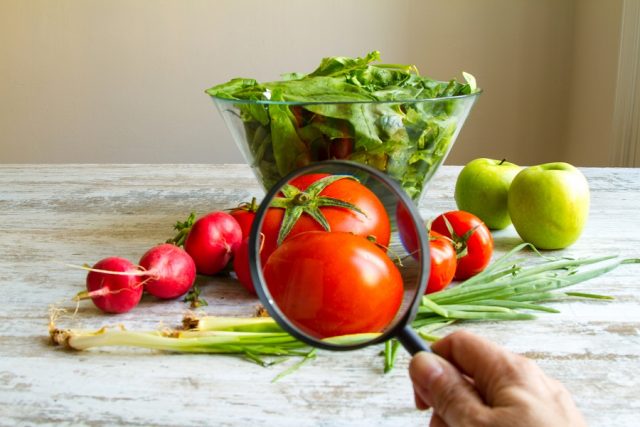Food Safety Hacks for Summer
If winter gives us running noses and flu, summer can be equally debilitating with stomach disorders and food poisoning. We give you tips on how to keep your food hygienic and safe in summer.
When I recently attended a school reunion, the talk shifted to our children after the initial delightful greetings and how-is-life-treating-you exchanges. Many of my friends shared a common problem: their children almost always fell ill in the summer vacation, leading to many cancelled trips.
This is because food poisoning and diseases related to food are more common in summer. The high temperatures promote growth of bacteria. The warm and moist conditions are exactly what bacteria thrive on. Also, outdoor activities like picnics, barbecues, hiking and camping are popular in summer, which invariably leads to cooking out of doors. Whether you use your kitchen or a camp grill, some precautions and steps taken to keep food safe will make your summer safe and enjoyable.
Cook food to the right temperatures: Grilled or cooked food should always be cooked to the right temperature. This exercise will succeed in destroying harmful pathogens. Just checking the color of food is not enough to ascertain if the food is cooked through. Using a thermometer is a good idea to establish accuracy.
Keep food refrigerated: Avoid keeping food at room temperature for more than an hour on hot summer days. The cooked food should be refrigerated as soon as it is cool enough to go into the fridge.
Use coolers while travelling: If you are on the go, use coolers with ice packs to store food. Keeping separate ice packs for drinks and food will keep the food colder longer as it will not be opened as often. Also, raw meat, sea food or poultry should be placed at the bottom of the cooler to prevent their juices from dripping onto the other foods. Be sure to keep the coolers away from direct sunlight and avoid opening them frequently as the cold air will get displaced with hot air.
Avoid reusing marinades: For barbecues, meats and poultry are often grilled after marinating. Discard used marinades; this will prevent raw meat juices from getting onto your cooked food.
Defrost meat in the fridge: It is unwise to allow frozen meat or poultry to defrost on the countertop as this will allow food bugs to grow. With forethought and planning, meat can be defrosted safely by transferring it from the deep freeze to the refrigerator a day or two in advance.
Keep raw and cooked foods separate: While grilling burgers, hot dogs, steaks or chicken, consciously use one plate for raw produce and a separate plate for the freshly cooked food. This will avoid the spreading of harmful bacteria. You have to do the same with serving utensils, tongs and spatulas to avoid cross-contamination.
Pack in small containers: When cooking a large quantity of food, store them in many small containers. You can open one container at a time and even store some of them in the freezer.
Avoid using jars when usage is huge: When you have guests at home or you are out on a picnic, it is more likely that everyone is taking helpings from the same jar of jam or butter. This inadvertently introduces bacteria into them. Choose options like smaller containers of the product or squeeze jars as contamination is unlikely.
Don’t serve from the utensils used for cooking: When you are having a party or a barbecue, the meals cooked are certainly enormous. Transfer portions from the cooked vessel into serving dishes for guests and refill as necessary rather than setting out the whole container on the table. This way the food cooked will remain warm longer and leftover food is less likely to be contaminated.
Wash vegetables and fruits scrupulously: Washing thoroughly is a must. You can also soak vegetables, greens and fruits in water for a few minutes before washing them in running tap water to eliminate bacteria.
Wash reusable bags: While it is commendable and imperative to say no to plastics, it is also necessary to keep your reusable bags clean. Wash the totes that carry your grocery regularly as they may otherwise end up carrying harmful bacteria too.
Wash hands thoroughly:
Washi ng your hands is as important as washing your produce and carry bags. Use soap and scrub your hands and fingers meticulously for at least 20 seconds before as well as after handling food.
ng your hands is as important as washing your produce and carry bags. Use soap and scrub your hands and fingers meticulously for at least 20 seconds before as well as after handling food.
Food safety is top priority. It goes without saying that in addition to clean hands, the utensils, work surfaces and the area used for cooking has to be spotless. Sanitize cooking equipment, use natural cleaning solutions, wash and rinse utensils, use fresh running water, air dry; just do what it takes to ensure that your summers are ‘food-proof’.

















































